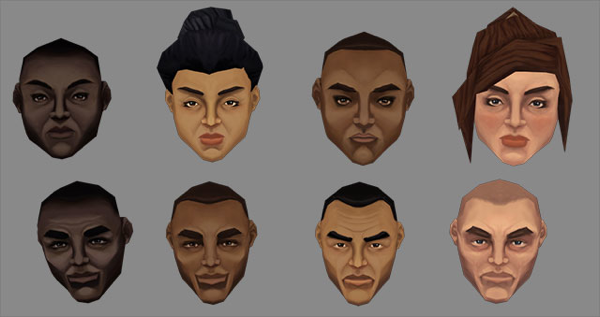
Life-affirming pleasures often come from the strangest places: in this case, Gaslamp Games' blog on a new project based on the Victorian era:
We feel it’s important to have people of all colours in the game, basically. I’m not going to get into the exceedingly grim history of 19th century colonialism here, but I assure you we’ve had a lot of internal discussions about how we can possibly approach making a game vaguely based on the Victorian era without being ridiculously offensive.
I've written elsewhere about how writers seem to choose to set their work in certain eras because they want to pretend there was a world before integration, where white men could be white men and society celebrated even their worst excesses. But as David Baumgart points out, that world NEVER EXISTED. It's heartening to hear Gaslamp engage with the issue, even though I have no doubt that the outcomes won't be perfect.
I've only recently began to engage with the politics of the video game world. To tell the truth, until I played Half Life 2, I had no idea there was a place for lead characters who aren't white male jocks. I recall years of playing Goldeneye as Natalya, the only character in any video game who felt in any way relevant to me (and she's still white, so really not that relevant), given that she looked like an actual scientist and not, let's say, Lara Croft (or Mileena/Kitana, or Chun Li, etc).
Happily, this ignorance allowed me to enjoy years of games like Zelda 64, which are almost completely intolerable when looked at through any kind of feminist lens (look at all the women who exist only to coo at Link or be rescued from their fates!).
But I'm glad to see a new world where developers are actually thinking through how world-building impacts audiences who play their games. Would you really want to spend 40-60 hours in a world where no one looks like you? Why would you spend that kind of time in a world that explicitly gives zero thought to you? In this day and age, those are safe spaces for the writers to exercise their own privilege, where they don't have to engage with messy issues like gender and race.

